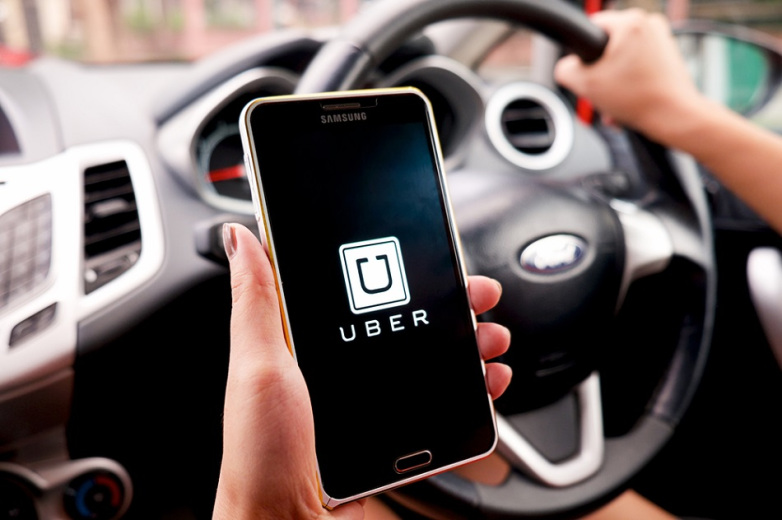Uber loses Southeast Asia
March 26, 2018 | Expert Insights

Uber has confirmed that it will be selling its Southeast Asian operations to ride-sharing app Grab. With this deal, Grab will acquire all of Uber’s operations in a region of 620 million people.
Background
Grab (known as GrabTaxi) is a ride-sharing app similar to Uber. Started in 2012, it is based out of Singapore and offers services in countries like Malaysia, Indonesia, Philippines, Vietnam and Thailand. By July 2016, the company had over 350,000 drivers in its network and the app had been downloaded over 19 million times. Today, it offers private car, motorbike, taxi, and carpooling services.
Offering 3 million rides daily, it holds 95% of the market share. Due to its quick growth, it has also attracted generous funding. In 2014, it announced that it had raised $250 million series D round invested in by SoftBank Corp. In venture capital terminology, Series D round refers to fourth stage in the Seed Stage Financing cycle.
It is now valued to be more than $6 billion.
Uber
Uber, an American technology company, that offers ride sharing services, is also one of the most successful companies in the world.
However, a series of controversies that plagued the company since 2017. This includes claims by former employees about the working conditions within the company. In addition, news emerged that a large scale data breach took place within the company. Most recently, the company had to settle a case against Google’s self driving car, Waymo.
According to media reports, its value has dropped from $60 billion at the beginning of this year to around $50 billion by April 2017.
Analysis
Since 2017, Uber has scaled back on its operations significantly internationally especially in Russia. In 2017, it ended up spinning off its operations to form a new company. The majority of this company will be owned by local rival, Yandex. The deal involves Uber’s ride-hailing and food-delivery services in Russia, Azerbaijan, etc. Both brands will continue to operate, but the driver-side apps will be merged into one. In 2015, Uber merged its operations in China with rival Didi Chuxing, when it also took a share in that company.
A similar deal has been struck between Uber and Asia’s Grab. Uber confirmed that it was selling its business in Southeast Asia to Grab. By moving forward with this deal, Uber is also walking away from the region's 640 million potential riders. "It will help us double down on our plans for growth as we invest heavily in our products and technology," Uber CEO Dara Khosrowshahi said in a statement.
“Today’s acquisition marks the beginning of a new era. The combined business is the leader in platform and cost efficiency in the region,” Grab CEO Anthony Tan said in a statement.
The agreement will result in Uber getting a 27.5 percent stake in Grab. In addition, its chief executive officer will join the board of the Singapore-based company.
Here are some of the reasons why Uber has walked away from one of the fastest growing markets in the world:
1) Despite being a global behemoth, Uber’s operations in Russia and China make it clear that it has struggled to break into highly localized markets. Uber has been unable to beat local companies that understand local culture and ethos better.
2) Uber has struggled with its brand and many controversies surrounding it has resulted in the company losing a lot of its value in the marketplace.
3) The company is expected to go public next year. Its new CEO Khosrowshahi has been working on ensuring it becomes profitable before the first IPO takes place.
Assessment
Our assessment is that, platform companies like Uber may not have the necessary ethical, managerial, and operation skills to work in global markets. Though Uber has had some success in the US, it has been in the red in recent quarters. Their trouble is further compounded by losing market shares in other emerging markets. We believe that the company will be compelled to exit many key markets, including those in Asia.








Comments